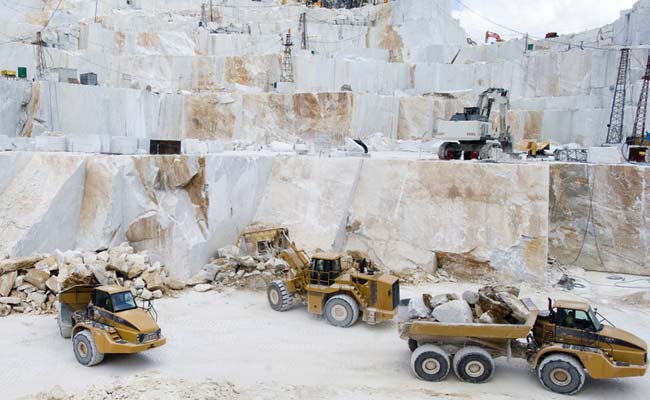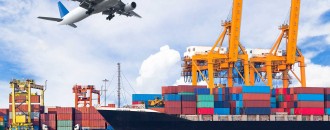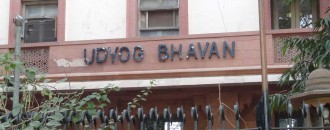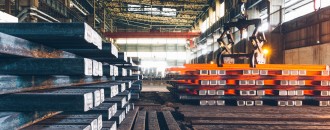
European Union challenges India on marble import restrictions at World Trade Organisation
The Dollar Business Bureau | @TheDollarBiz
 A marble quarry site in Carrara, Italy
A marble quarry site in Carrara, ItalyThe European Union (EU) has challenged India on the issue of import restrictions on marbles and marble products at the World Trade Organisation (WTO), after the European Commission (EC) received complaints about it from the marble stone industry in Europe. According to the European Commission, the licensing system in place in India restricts the supply of imported marble to domestic users in India. The Commission claims that it has received complaints from its industry that India's current licensing regime for marbles contains restrictions which include an annual import quota below the level of potential imports and a minimum import price. “Such measures not only hit the EU marble industry but also penalises Indian users of stone material by limiting choice of products they might need for their activity,” the European Commission told The Dollar Business. India has justified the restrictions (quantitative restriction of 6 lakh tonnes and a minimum import price of $325 per tonne) based on safety, security and environmental grounds, citing Article XX of the General Agreement on Tariffs and Trade (GATT) on the conservation of exhaustible natural resources. India said that the cutting and processing of marble adversely impacts the environment. However, the EU said that this might be a case of dual standards and has sought further clarifications on whether the same rules on the safety, security and environmental grounds were applicable for domestic stone industry. This issue was discussed in the WTO Import Licensing Committee as well as in bilateral meetings with India, such as the EU-India Sub-Commission on Trade. At India's request, the EU also submitted its questions on December 10, 2013 in writing via the WTO. In the meetings, the EU requested India's replies, but India has not responded so far. “The lack of responses might suggest the Indian scheme is not justified under safety, security and environmental grounds. Therefore, the EU will continue to raise its concerns in the relevant WTO Committees, as well as on a bilateral basis,” the European Commission told The Dollar Business. In a related case, USA has also challenged India on import restrictions for boric acid. USA’s main concern is on end use certificate requirements for the product in India. However, USA said that there is an ongoing dialogue with India on the issue which is hoped to continue. India has told the WTO that bilateral talks on the issue took place in August 2014 and that it will continue discussions with USA on the issue.
This article was published on November 8, 2014.






 to success.
to success.